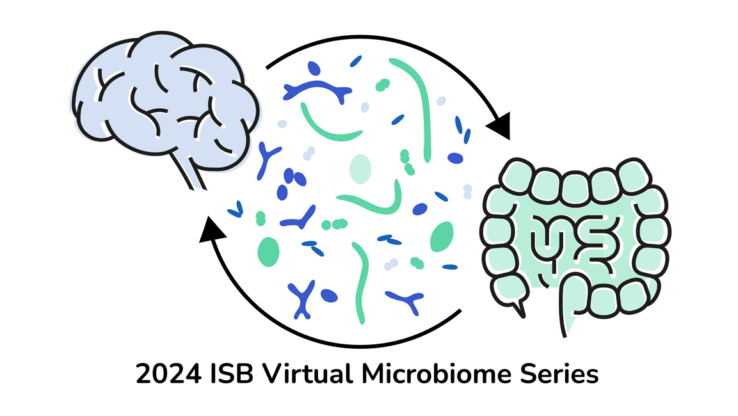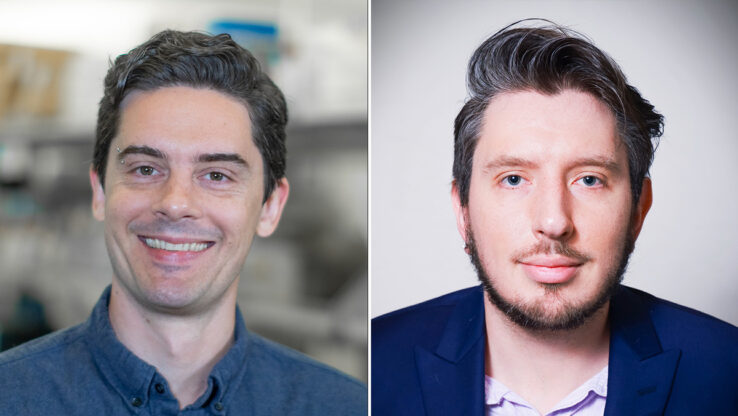Microbiome Stress Project
 gibbons.isbscience.org/news/2018/05/30/gibbons-lab-joins-the-microbiome-stress-project/
gibbons.isbscience.org/news/2018/05/30/gibbons-lab-joins-the-microbiome-stress-project/
The Gibbons Group Joins the Microbiome Stress Project
The lab will join researchers at Duke University, the University of New Hampshire, and Montana State University to conduct a large-scale meta-analysis of how environmental stressors impact microbial communities. Prior surveys, like the Earth and Human Microbiome Projects, have established a baseline for healthy ecosystems across the planet. The Microbiome Stress Project will focus on ecological resistance and resilience of natural microbial communities to disturbances. The meta-analysis will encompass hundreds of studies and dozens of disturbances across many different ecosystems. The Gibbons Group has developed tools and techniques for conducting case-control meta-analyses across studies, which will be applied in this project. The goal of this project is to infer the general principals underlying ecological community responses to perturbations and validate these hypotheses in controlled bioreactors at Duke University.





